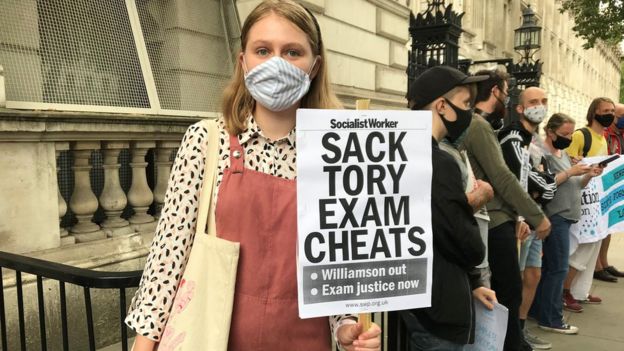

COVID-19: What People with Cancer Should Know – National Cancer Institute.At this time, based on available studies, having a history of cancer may increase your risk. Treatments for many types of cancer can weaken your body’s ability to fight off disease.

Having cancer can make you more likely to get very sick from COVID-19. It is important that you talk with your healthcare provider about your risk. A person with a condition that is not listed may still be at greater risk of getting very sick from COVID-19 than other people who do not have the condition.We will update the list as we learn more. Rare medical conditions, including many conditions that mostly affect children, may not be included on the list below. Because we are learning more about COVID-19 every day, this list does not include all medical conditions that place a person at higher risk of severe illness from COVID-19.If other medical conditions have enough evidence, they might be added to the list. CDC conducts ongoing reviews of additional underlying conditions. This was done to ensure that these conditions met criteria for inclusion on this list. CDC completed a review for each medical condition on this list.The conditions on this list are in alphabetical order.If you have a medical condition, learn more about Actions You Can Take. Learn more about how CDC develops COVID-19 vaccination recommendations. This is especially important if you are older or have severe health conditions or more than one health condition, including those on this list. Staying up to date with COVID-19 vaccines and taking COVID-19 prevention actions are important. Studies have shown that some people with certain disabilities are more likely to get COVID-19 and have worse outcomes. People with disabilities are more likely than those without disabilities to have chronic health conditions, live in shared group (also called “congregate”) settings, and face more barriers in accessing health care.People in racial and ethnic minority groups are often younger when they develop chronic medical conditions and may be more likely to have more than one medical condition. Studies have shown people from racial and ethnic minority groups are also dying from COVID-19 at younger ages.This includes many people from racial and ethnic minority groups and people with disabilities. Some people are at increased risk of getting very sick or dying from COVID-19 because of where they live or work, or because they can’t get health care.A person’s risk of severe illness from COVID-19 increases as the number of underlying medical conditions they have increases.The number of deaths among people over age 65 is 97 times higher than the number of deaths among people ages 18-29 years. More than 81% of COVID-19 deaths occur in people over age 65. Older adults are at highest risk of getting very sick from COVID-19.


If you have one of these conditions, talk with your healthcare provider about how best to protect yourself from severe illness from COVID-19. A person with any of the medical conditions listed below is more likely to get very sick with COVID-19.


 0 kommentar(er)
0 kommentar(er)
